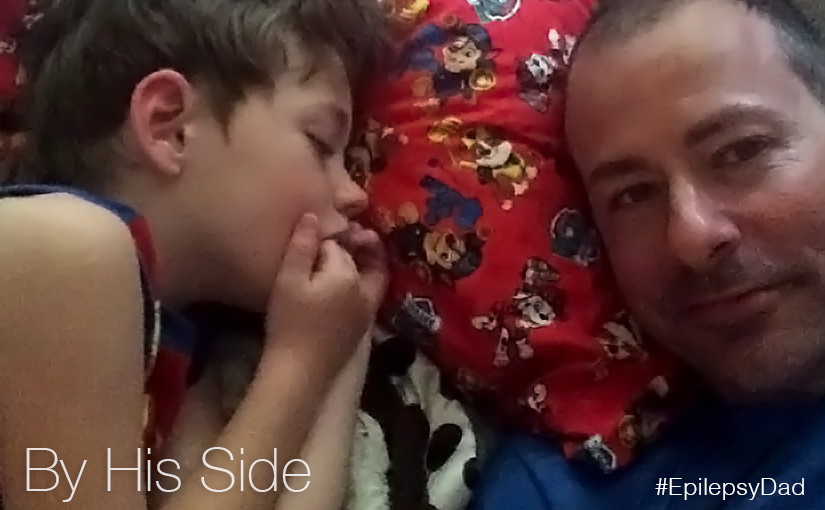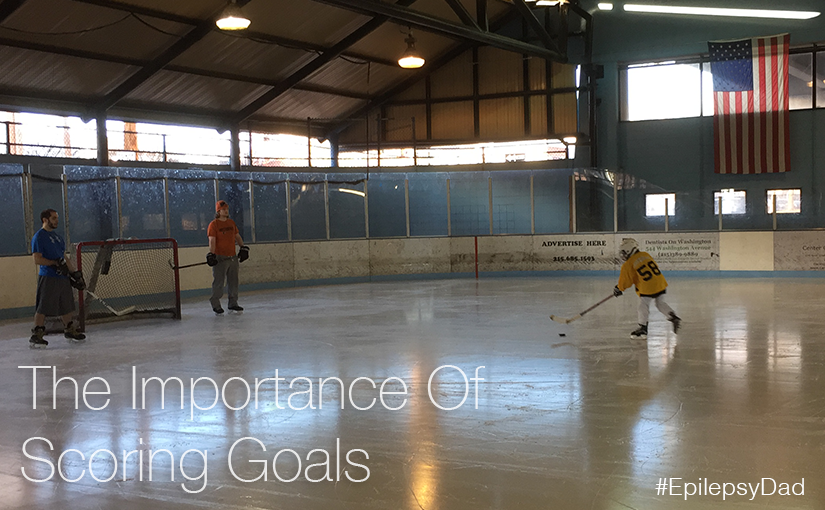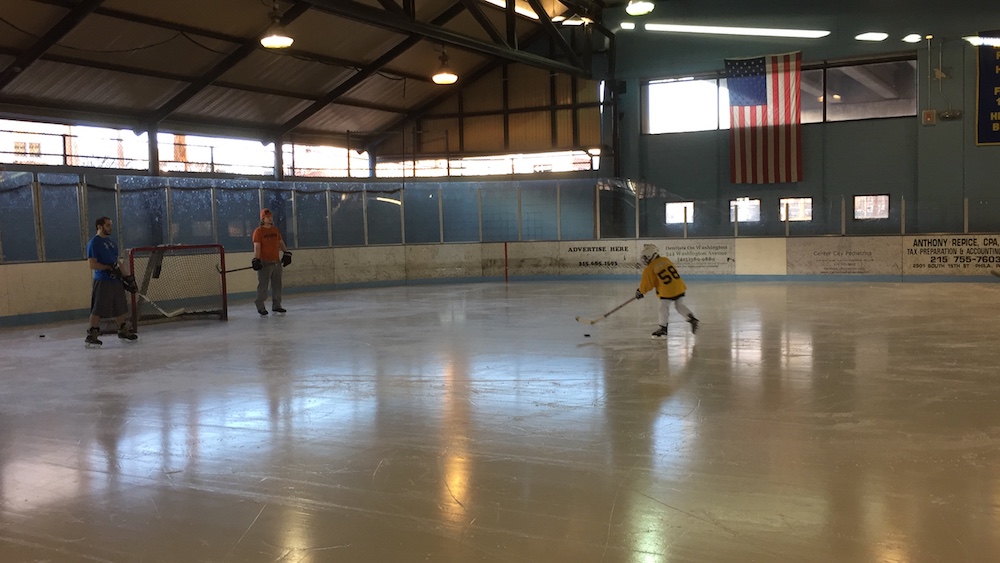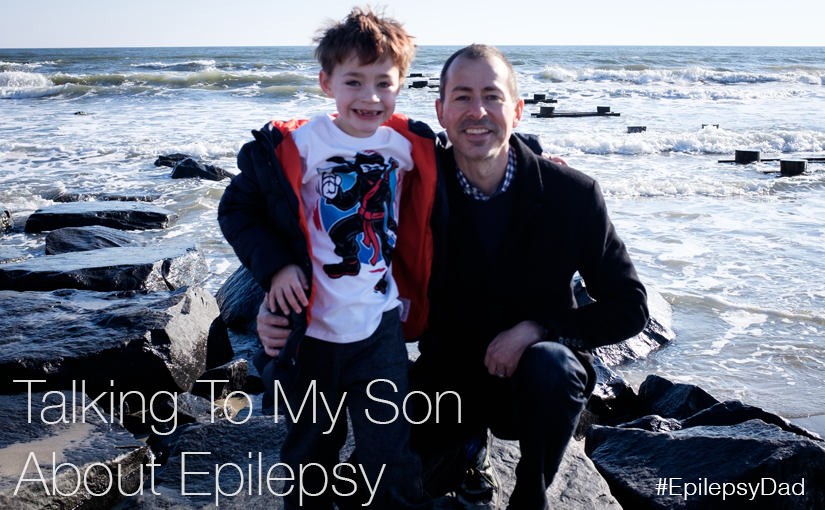A noise stirred me from my sleep. Instinctively, I rolled to face the monitor. Even though it was on the dimmest setting, my eyes struggled to focus against the light of the screen. I closed one eye completely and squinted the other until I could make out the image. Then, another sound. That sound. The sound that still breaks the silence of the early morning. The sound that wakes me from my sleep and tells me that my son’s brain has lost control.
Some mornings, I watch the screen to see if my son can put himself back to sleep. But this morning, I could tell by the way the sound echoed through the halls that it was a bad seizure. I slid my body off the bed and felt the cold floor beneath my feet. Keeping one eye closed did little to help readjust to the darkness. I navigated my way through the kitchen on instinct until I reached his door. I felt for the handrail and made my way down the stairs. Halfway down, my eyes finally caught up to the rest of my body and I could make out the bottom of the stairs. I swung myself around the banister and landed at the foot of my son’s bed as he sat upright and started to cry.
I write a lot about these early morning hours. These are the hours when our unwelcome visitor makes its presence known. These are the hours of sounds, and seizures, and tears. Of scrambling down stairs and early morning comfort. The hours without sleep, when there is nothing to do but think about our lives…my son’s life.
I wonder if these trips to his room will ever end. I wonder if our house will ever be quiet again in the early morning, or if I will ever be able to let my guard down. I wonder if this is his life, destined to call out into the night for the rest of his days. I try not to think about who will answer that call when I am gone. On that night, I was there, like I was on countless other nights. I did answer the call, like I will for as long as I am able.
I crawled into bed with him and sat next to him. I rubbed his back and told him that he was okay, that everything was going to be okay. It didn’t feel like a lie when I said it, but it didn’t quite feel like the truth, either. After a few minutes, he started to calm down. I helped him lay back down and covered him with his favorite green blanket. He stuck his fingers in his mouth as he closed his eyes. I laid next to him until his breathing slowed and the sound of him sucking on his fingers faded to silence. Then I stayed a little longer, letting my own eyes grow heavy, and fell asleep by his side.



